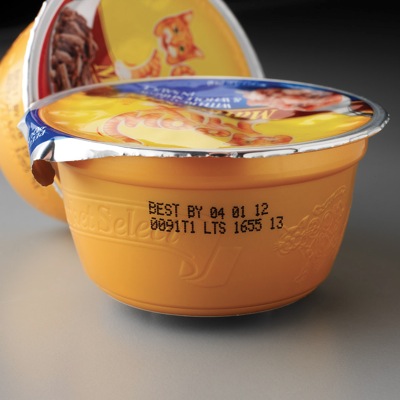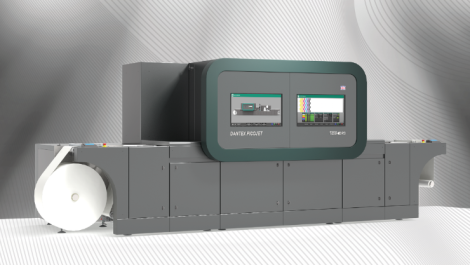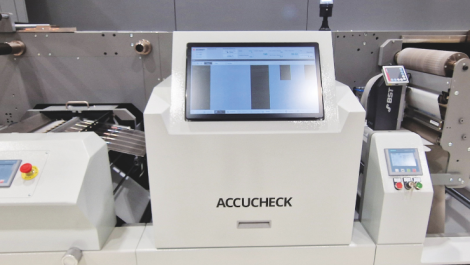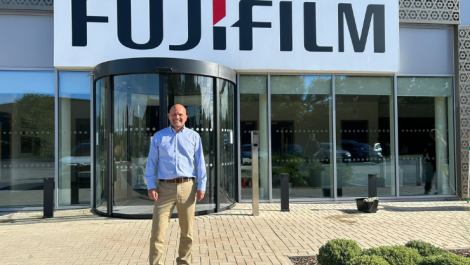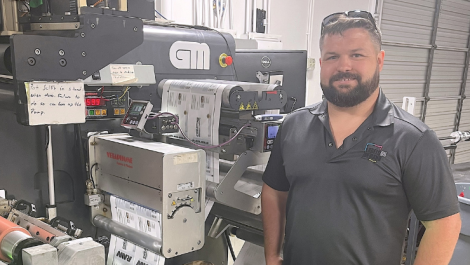Videojet Technologies Inc has launched three new Ultra High Speed (UHS) inks for its line of continuous inkjet printers.
The new inks join a family of 10 other UHS compatible inks that have been extensively tested across a broad range of print speeds and environmental condition extremes.
Designed for optimal drop formation, the inks are held to the highest quality control standards, which means customers can experience top print quality at the highest speeds.
‘These three new UHS inks had their debut at Pack Expo 2013 where we presented our recently released Videojet 1620 and 1650 UHS continuous inkjet printers. We developed the UHS inks to provide exceptional coding quality that our high speed application customers have come to rely on,’ said John Kirschner, Videojet supplies business manager. ‘Our family of UHS inks continues to grow with the addition of these three new inks – each specially engineered for unique coding applications.’
The V516-D Black Retort-Resistance ink is designed for better code durability. The ink can withstand tough high-temperature steam/water bath processes commonly used in cooking prepared food containers after filling and sealing. Challenges to ink survivability come from these foods undergoing high-temperature, high-moisture cooking processes, as well as being stacked throughout this process where codes come into contact with other containers.
The V517-D MEK-free Thermochromic ink changes from black to blue when coding onto heat-processed food containers made of a variety of metal, plastic and glass substrates. This ink provides good durability as well as superior adhesion through the rigorous cooking/retort process. Additionally, it can serve as a general purpose black ink for food and pharmaceutical applications.
The V530-D MEK-free Fast Dry General Purpose Black ink has excellent adhesion on plastics, metals, paper, wood, ceramic and glass, and is a patented high performance ink that comes in an environmentally-friendly MEK-free formula. It is specially designed for printing onto various hard-to-code plastics such as untreated polyethylene and polypropylene substrates typically found in the food packaging industry.

